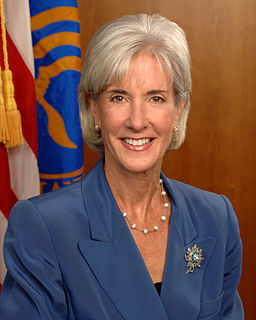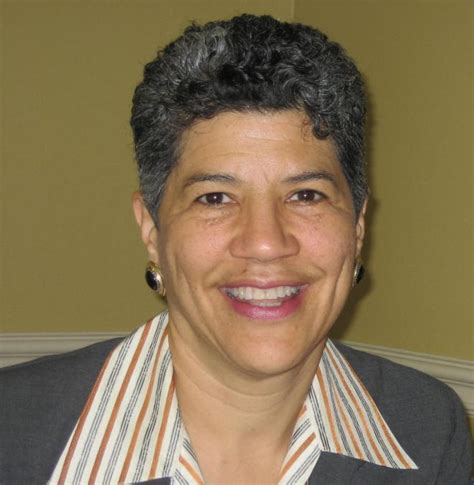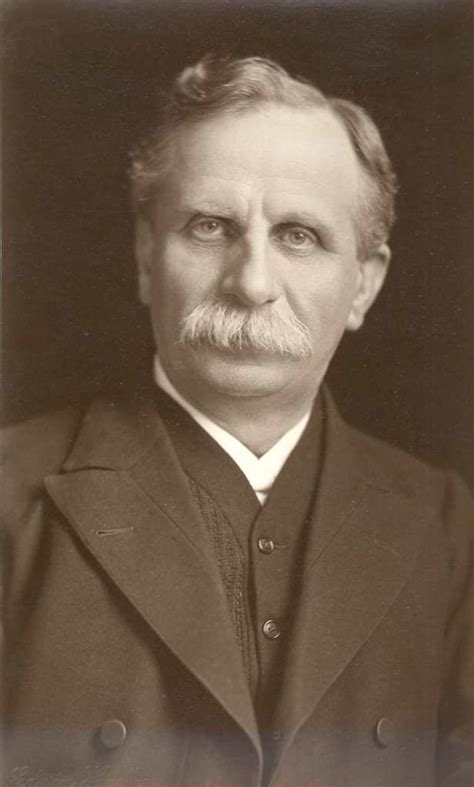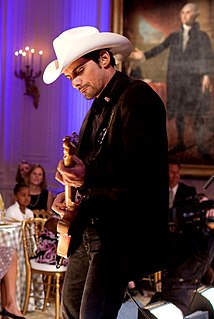A Quote by Danny Glover
The Black Power Mixtape is a documentary, first of all. It brings us closer to the voices we heard at that particular point in time.
Quote Topics
Related Quotes
Remember, we're talking [in The Black Power Mixtape] about 1967, the year before [Martin Luther] King's assassination. We're talking about the emergence of black power, which is a discussion King mentioned in his last book, Where Do We Go from Here: Chaos or Community? We're talking about the meaning of black power and the possibility that it alienated our supporters, both white and black.
The Freedom Caucus, like many of the members, feel like that we have too much of a top-heavy, power-based type of leadership program where the decisions are made exclusively at the top and that members voices are not heard, which means that our constituents' voices are not heard: those that we represent.
When we don't pay close attention to the decisions made by our leaders, when we fail to educate ourselves about the major issues of the day, when we choose not to make our voices and opinions heard, that's when democracy breaks down. That's when power is abused. That's when the most extreme voices in our society fill the void that we leave. That's when powerful interests and their lobbyists are most able to buy access and influence in the corridors of power - because none of us are there to speak up and stop them.
I now understand what Nelle Morton meant when she said that one of the great tasks in our time is to "hear people to speech." Behind their fearful silence, our students want to find their voices, speak their voices, have their voices heard. A good teacher is one who can listen to those voices even before they are spoken-so that someday they can speak with truth and confidence.
'Mixtape' is a very appropriate word to include in the title of Goran Hugo Olsson's film because it includes a rich mixture of cultural voices. They speak across different dividing lines such as those of haves and have-nots, youth and maturity, black and white, national and global, and the past and the present.



































